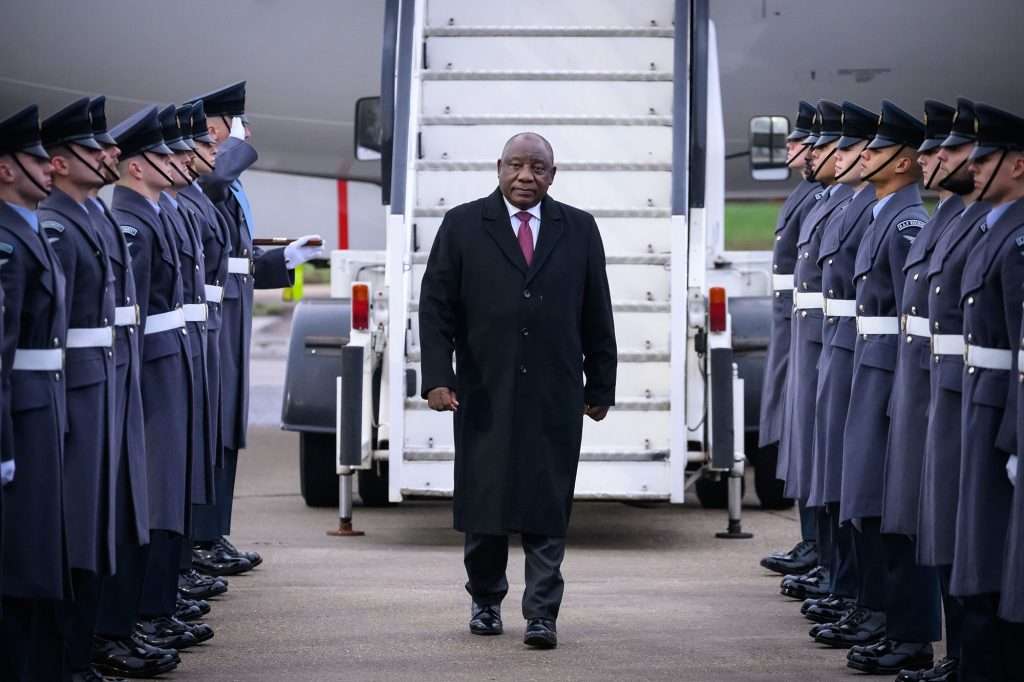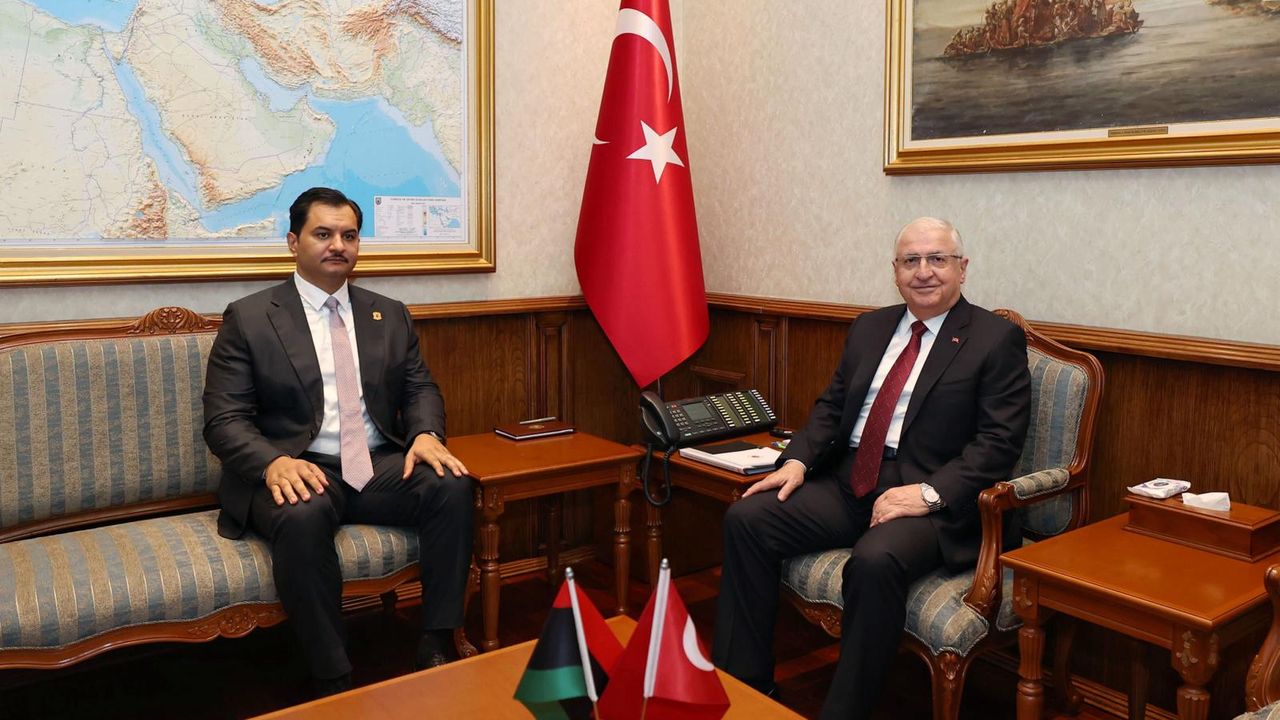Ramaphosa rejects claims of white persecution in South Africa

South African President Cyril Ramaphosa recently stated on March 24th that the claims of white people being persecuted in South Africa is a completely false narrative.
Reported by Africa News, he was responding to allegations made by US President Donald Trump, South African-born Elon Musk, and some white minority groups in South Africa.
Musk, who has regularly criticised the country’s black-led government, repeated on social media this weekend that some political figures in South Africa are “actively promoting white genocide.”
In his weekly message to the nation, Ramaphosa urged South Africans not to allow “external events to divide us or pit us against each other.”
He specifically challenged the false narrative that South Africa is a place where “people of a certain race or culture are targeted for persecution.”
While he did not mention anyone by name, he referred to the allegations made by Trump and others regarding the mistreatment of the white minority group, the Afrikaners, particularly concerning violent attacks on their farms and legislation aimed at seizing their land.
Trump’s executive order last month cut funding to South Africa and imposed sanctions on the government, while offering refugee status in the US to Afrikaners.
The Afrikaners, descendants of Dutch and French settlers who arrived in South Africa over 300 years ago, were central to the apartheid government that systematically oppressed non-white South Africans, although the country has largely succeeded in reconciling its many racial groups after the end of apartheid in 1994.
Musk, on the social media platform X, cited a political rally in South Africa where the black leaders of the far-left opposition party sang the song “Kill the Boer, Kill the Farmer.”
The term “Boer” refers to Afrikaners.
Musk wrote, “Very few people know that there is a major political party in South Africa that actively promotes white genocide,” sharing a video of the rally.
Marco Rubio, a US senator, also commented on X, calling the chant a call to violence and urging South African leaders and politicians to take steps to protect Afrikaners and other disadvantaged minorities.
He emphasised that the United States is proud to offer these individuals the opportunity for admission to the country, despite the ongoing threat of violence.
The Economic Freedom Fighters (EFF), a political party and an opponent of Ramaphosa’s African National Congress, won 9.5% of the vote in last year’s national elections.
The EFF has faced criticism for previously stoking racial tensions, especially for singing the song, which was used during apartheid as a call to fight government oppression.
Over a decade ago, the song was deemed hate speech and banned by a court.
In 2022, a ruling found that the song did not constitute hate speech, as there was no evidence that it incited violence, and it was protected by freedom of expression, according to Africa News.
Since Trump’s executive order, the South African government has sought to dispel what it considers misinformation claims regarding white farmers in South Africa, who are sometimes victims of violent attacks in their homes.
While the government has condemned these attacks, experts have pointed out that there is no evidence that white people are being widely targeted, and that the country’s high crime rate affects people of all races.
Africa News
Want to chase the pulse of North Africa?
Subscribe to receive our FREE weekly PDF magazine













